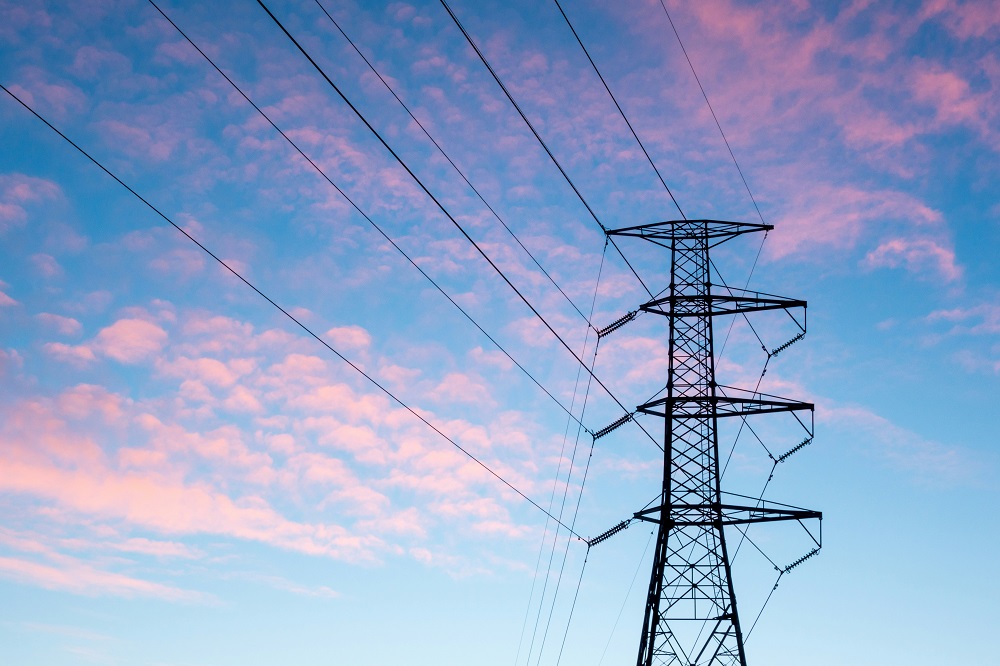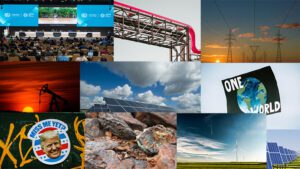The Russian Energy Agency (REA) says electrification will become a major energy transition trend in the upcoming years, Global Energy Prize reports.
According to the 2050 Global Energy Development Scenarios report by REA, by the year 2050, energy consumption is expected to go up by 2.3% (equal to 4.9 billion tons of oil). REA added that electric power will encompass 34% of the total industrial primary energy demand, a significant jump from 2% previously.
In his analysis for Enformer, Professor Dr. Hans-Wilhelm Schiffer, a lecturer at RWTH Aachen University, and World Energy Council member of the Studies Committee, said that the increased “electrification will play a key role in meeting the goal of limiting global temperature increases to 1.5 degrees Celsius.”
He added that there’s also a noticeable shift in the energy mix. Based on several scenarios, Dr. Schiffer noted, the proportion of renewable energy in the world’s electrical output is expected to rise from 28% in 2020 to between 83% and 95% in 2050.
In the future, electricity produced from biomass and geothermal energy will also rise, as will electricity generated from hydropower, which is still by far the most significant renewable energy source, Dr. Schiffer concluded.
Global Energy Prize reported that in 2022, the electrification rate within the European Union was 23%, adding that this number will grow in the following period, as electric vehicle use has gone up, in addition to commercial sector electrification.
Elsewhere, according to estimates by the Energy Information Administration (EIA) the U.S. commercial property sector is also seeing an increase in electric power use, with 4.6 million out of 5.9 million total buildings in the country.














